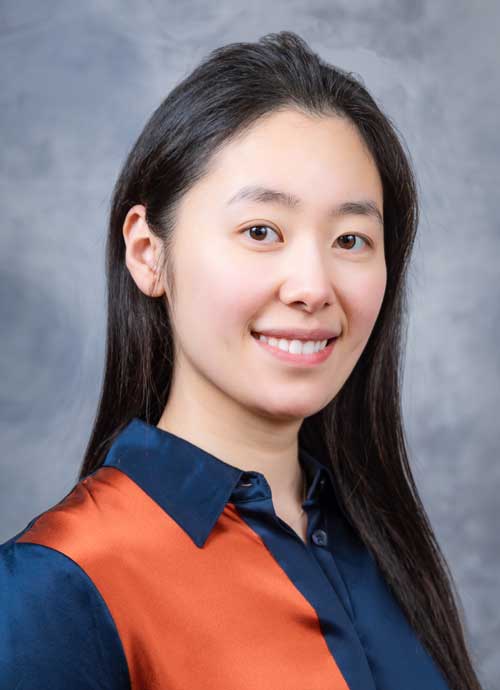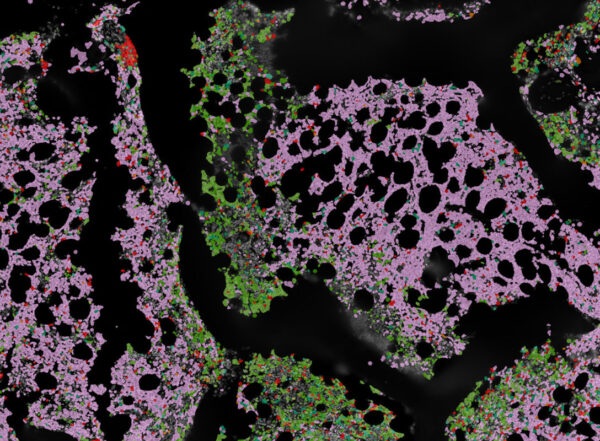Shu Jiang named to Forbes 30 Under 30 list for health care
Recognized for work in addressing racial disparities in breast cancer

Jiang
Shu Jiang, PhD, an associate professor of surgery in the Division of Public Health Sciences within the Department of Surgery at Washington University School of Medicine in St. Louis, has earned a spot on Forbes 30 Under 30 in health care list. This list recognizes young leaders who are revolutionizing the future of health care and making it more equitable.
Jiang, a researcher and member of the Prevention and Control Program at Siteman Cancer Center at Barnes-Jewish Hospital and Washington University School of Medicine, was recognized for her work on combining statistical methods and precision medicine to improve long-term breast cancer prevention and risk stratification.
Jiang received her PhD in statistics in 2018 from the University of Waterloo in Canada, where she applied novel statistical models to her work at the University of Toronto Psoriatic Arthritis Clinic. Jiang then completed a postdoctoral fellowship in biostatistics at the Harvard T. H. Chan School of Public Health, where she developed statistical models to study Alzheimers’ disease.
Graham A. Colditz, MD, DrPH, the Niess-Gain Professor, deputy director of the Institute for Public Health and an internationally recognized leader in cancer prevention, recruited Jiang to work on cancer prevention. Now, she and Colditz — who also serves as the associate director of prevention and control at Siteman — along with Debbie Bennett, MD, associate professor of radiology and director of breast imaging, and others are working to develop a statistical tool for physicians and radiologists that, when applied to mammogram images and other patient information, produces a real-time, five- to 10-year breast cancer risk level for each patient. Based on the data collected, physicians would be able to recommend personalized prevention strategies.






